Here it is, yet another book on the Dismissal.
The fall of Gough Whitlam in 1975 has created quite a cottage industry – with Paul Kelly penning what feels like eighty books on the matter alone – and some people may feel that it’s time to call it a day with Gough, Mal and Sir John.
Already a subscriber? Log in
Subscribe for just $2 a week
Try a month of The Spectator Australia absolutely free and without commitment. Not only that but – if you choose to continue – you’ll pay just $2 a week for your first year.
- Unlimited access to spectator.com.au and app
- The weekly edition on the Spectator Australia app
- Spectator podcasts and newsletters
- Full access to spectator.co.uk
Or
Unlock this article
Richard Ferguson is a regular contributor to The Spectator Australia
You might disagree with half of it, but you’ll enjoy reading all of it. Try your first month for free, then just $2 a week for the remainder of your first year.

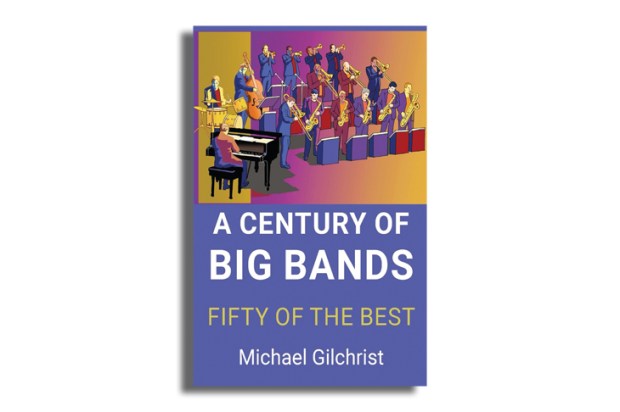
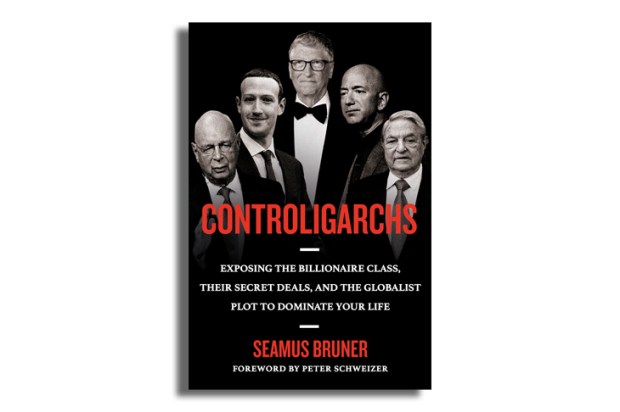
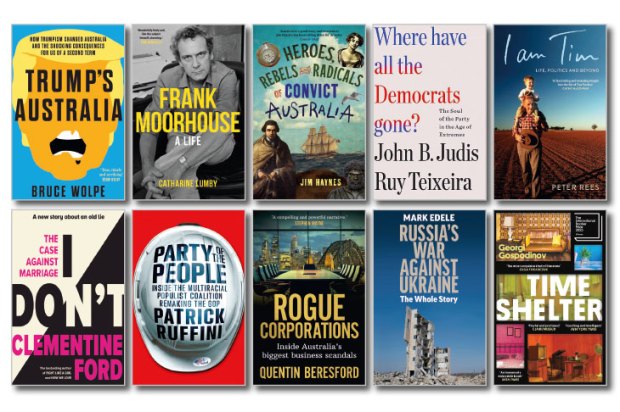

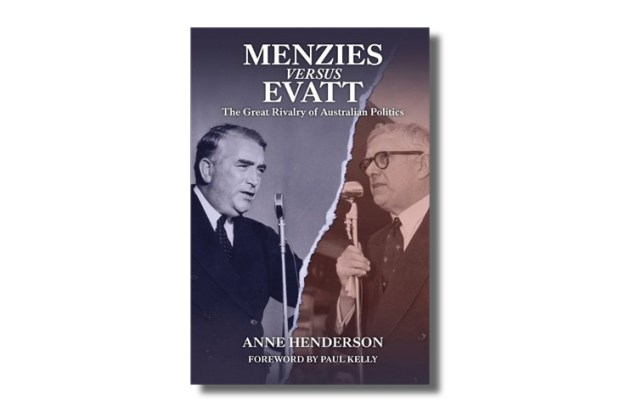
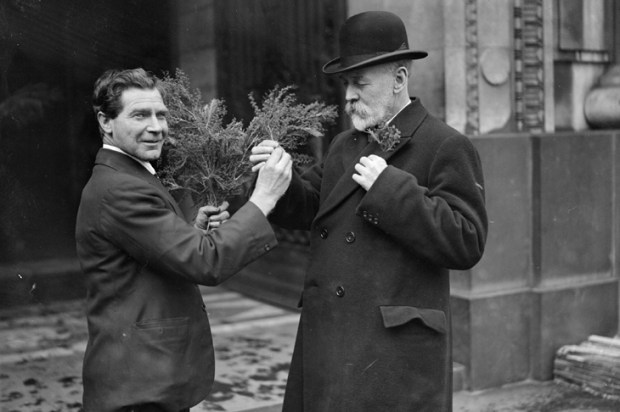






Comments
Don't miss out
Join the conversation with other Spectator Australia readers. Subscribe to leave a comment.
SUBSCRIBEAlready a subscriber? Log in